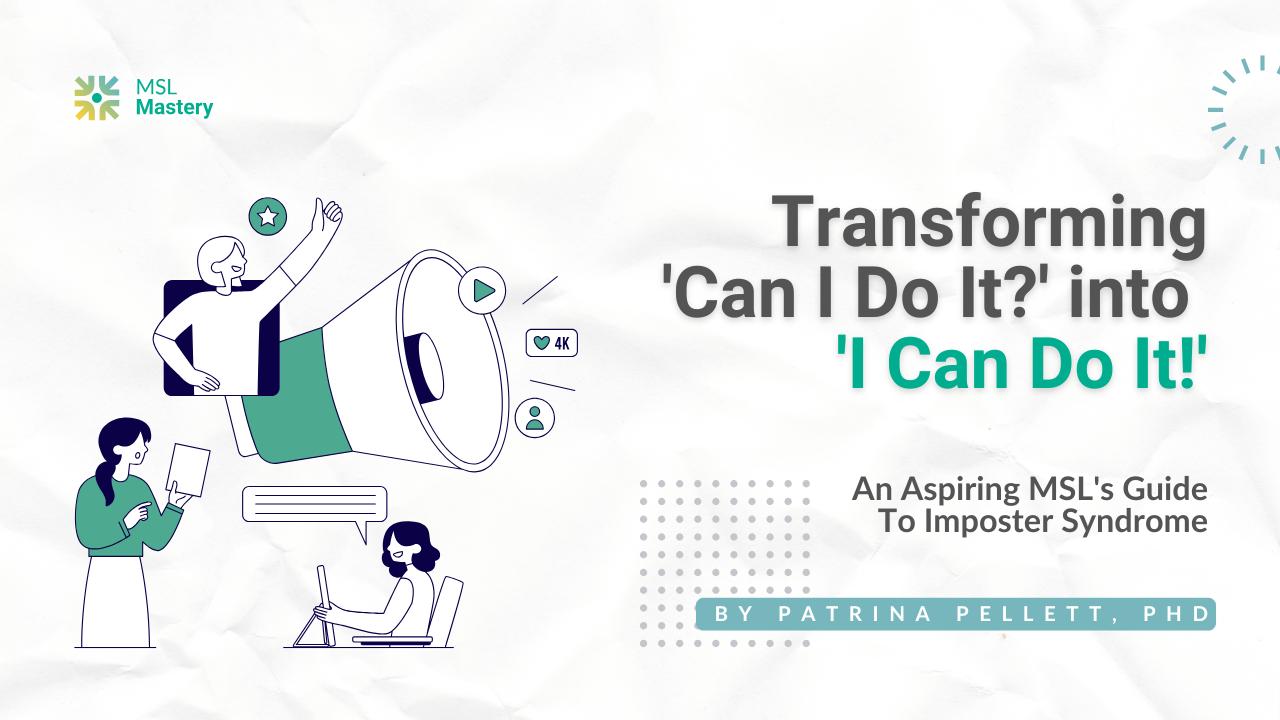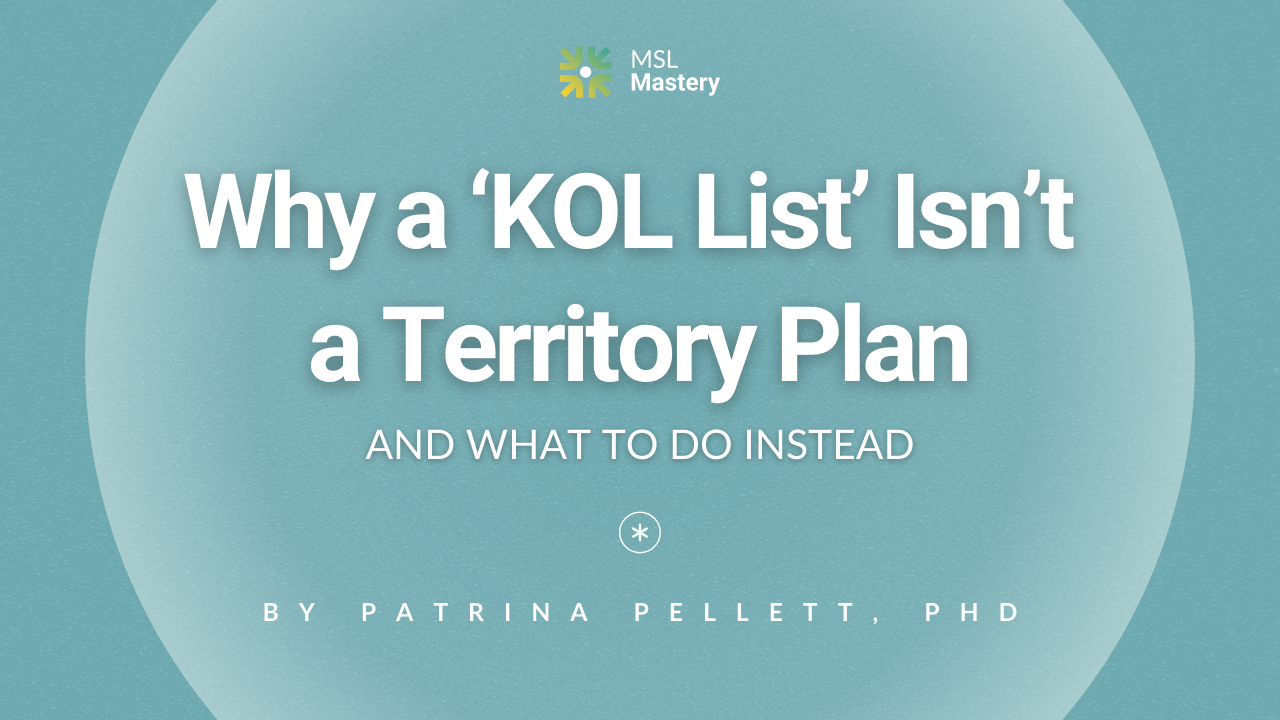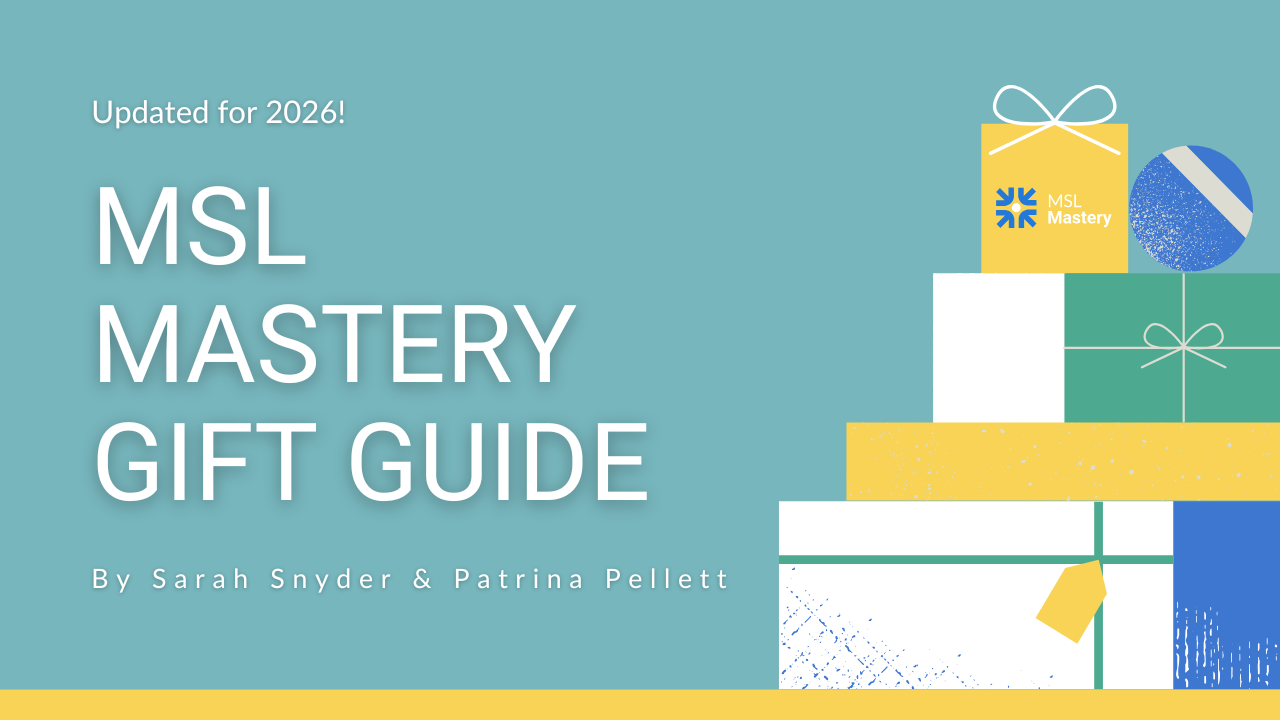
The Hidden Playbook: 9 Essential Secrets to Working With Medical Affairs Recruiters
Jan 23, 2025By Sarah Snyder
"Don't bother applying to that MSL role directly - I can double your chances of getting an interview."
I used to think recruiters were just middlemen until I became one. Now, after placing hundreds of Medical Affairs professionals at top pharmaceutical companies, I've seen it all - from brilliant PharmDs accidentally sabotaging their chances to seasoned MSLs landing their dream roles through unexpected connections.
Let me pull back the curtain and share what really happens behind the scenes of the pharmaceutical industry recruitment. Here are 9 essential secrets to working with Medical Affairs recruiters.
The Hidden Playbook: 9 Essential Secrets to Working With Medical Affairs Recruiters
1. "Help! Why is Every Recruiter Ghosting my Entry-Level Application?"
Picture this: A freshly graduated PharmD sends her resume to 20 different recruiters, excited about breaking into the industry.
Two weeks later, crickets. Sound familiar? Here's the uncomfortable truth: recruiters typically don't work with entry-level positions in Medical Affairs.
Last week, a candidate asked me, "But why? I have so much potential!"
Here's what I told her:
Companies already have robust pipelines for entry-level talent. Take a typical big pharma client, for example - they received over 400 applications for their last Associate MSL position through their career portal alone. They don't need to pay a recruiter's fee when they're drowning in qualified candidates.
If you’re at the beginning of your MSL journey and need a proven roadmap to break in, start with our Aspire MSL Program. It’s designed specifically to help you build the skills, documents, and confidence you need—without waiting for recruiters to call.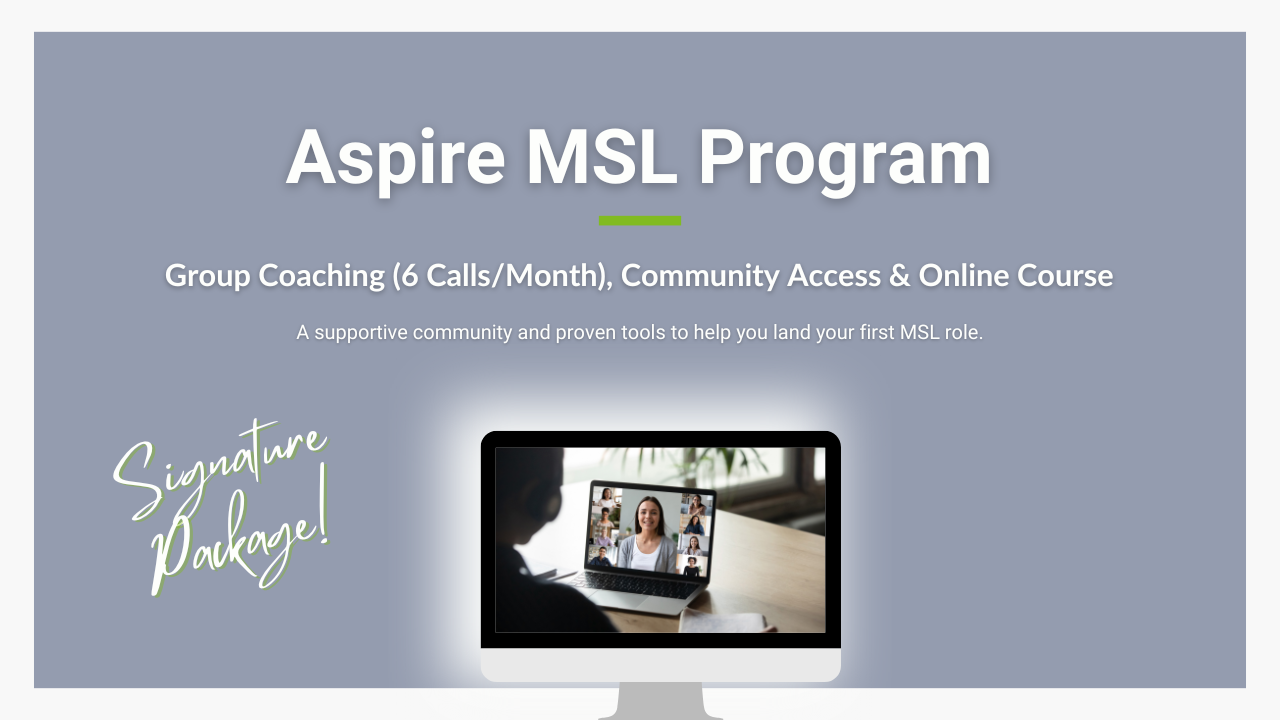
2. "Show Me The Experience: When Will Recruiters Actually Want to Talk to Me?"

Let’s talk about Mark. He reached out to me during his first year as an MSL, frustrated that recruiters weren't responding. Two years later, he was fielding calls from multiple recruiters weekly.
The magic number? Usually 2-3 years of industry experience. That's when you become recruiting gold - experienced enough to be valuable, but still growing in your career.
3. "Follow The Money: Who's Really Paying for This?"
Let me bust a common myth with a real example.
Sarah (not me!) was convinced she'd make more money by avoiding recruiters.
"Won't the company offer me a higher salary if they don't have to pay your fee?" she asked.
After landing her role through me at a 20% higher salary than her previous position, she became a believer. Here's why: recruiter fees (typically 20-30% of your first-year salary) come from a completely separate budget than your compensation.
4. "The Art of the Connection: Getting Recruiters to Notice You"
True story: One of my most successful placements came from a candidate who had been engaging with my LinkedIn content for months before reaching out. She didn't just send a generic connection request - she commented thoughtfully on posts about industry trends and shared her own insights. When she was ready to make a move, I already knew she was someone special.
To stand out:
- Craft a LinkedIn profile that tells your story, not just lists jobs
- Engage meaningfully with recruiter content (no "following up on my application" comments!)
- Share your own industry insights and experiences
- Connect with multiple recruiters (we each have different client relationships)
- Build relationships before you need them
Need help making your LinkedIn profile recruiter-ready? Our LinkedIn Lab gives you the exact framework to optimize your digital presence.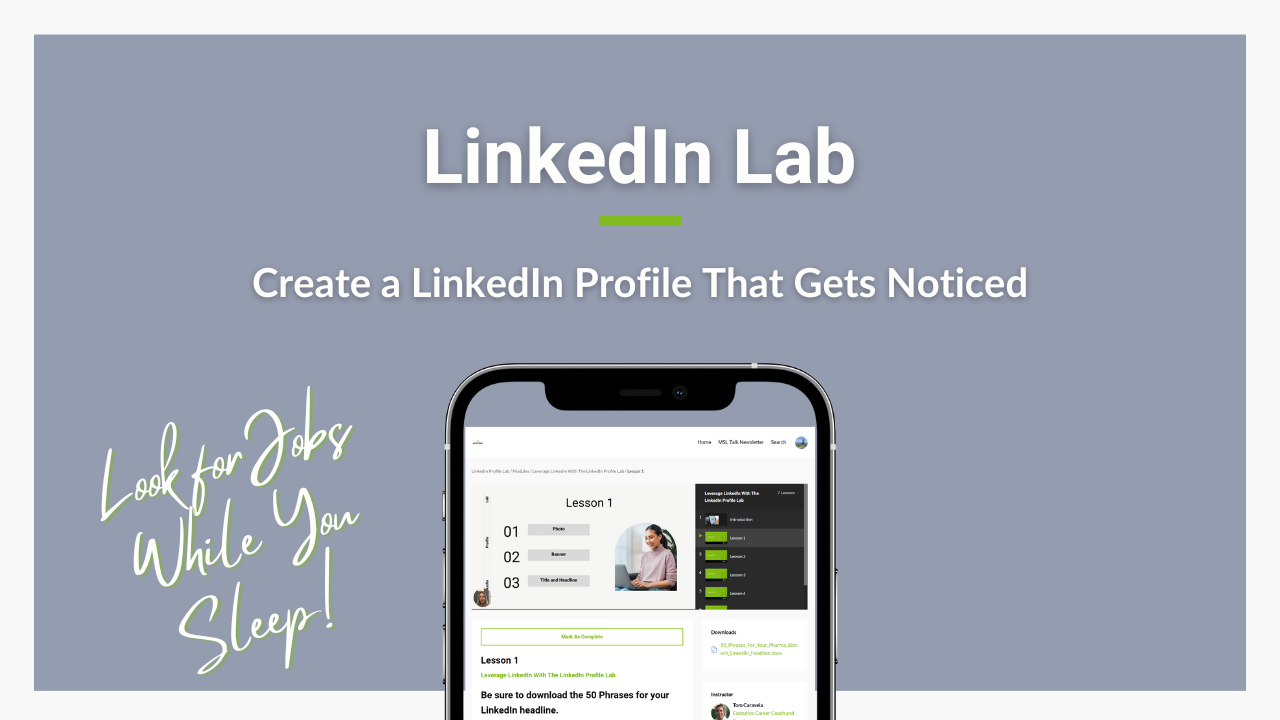
5. "The Mysterious Case of the Vanishing Recruiter"
"I had three great calls with my recruiter, then nothing for weeks!"
I hear this often, and yes, sometimes we do get busy or wrapped up in urgent searches. But here's what might really be happening:
- The position was suddenly put on hold (happened twice last month with a major pharma client)
- Another candidate was selected (we can't always share details)
- The company changed their requirements mid-search (more common than you'd think)
- GHOSTING is NEVER ok- follow up if you have not heard
Pro Tip: Ghosting isn’t okay. Follow up politely if you haven’t heard back. It shows professionalism without burning bridges.
6. "The Cardinal Sin: Why You Can't Go Around Your Recruiter"
Let me share a cautionary tale: A candidate once learned about a role through me, then applied directly to "save the company money."
Not only did he not get the job, but the hiring manager (who knew me well) called to tell me about it. The pharmaceutical industry is smaller than you think - everyone talks, and reputation matters.
Lesson: The pharmaceutical industry is small. Reputation matters.
7. "Beyond the Job Match: What Your Recruiter Actually Does All Day"
Your recruiter is like a sports agent, career coach, and industry insider rolled into one. We're:
- Prepping you for interviews ("Don't mention that restructuring in your last role")
- Negotiating your package ("How high can we go…")
- Managing expectations on both sides ("The hiring manager prefers candidates with oncology experience")
- Providing market intelligence ("Three other companies are building similar teams")
8. "Playing the Long Game: Maximizing Your Recruiter Relationship"
My most successful candidates treat our relationship like a long-term investment.
Jennifer updates me quarterly, shares industry insights, and refers great candidates. When her dream role opened, she was the first person I called.
9. The Inside Track: For Future Reference
The pharmaceutical industry runs on relationships.
That MSL who seems junior today may be a hiring manager tomorrow. The recruiter you ignore today might hold the perfect opportunity next year.
Build genuine connections, maintain professionalism, and think long-term.
A Final Word From the Trenches: 9 Essential Secrets to Working With Medical Affairs Recruiters
After placing hundreds of Medical Affairs professionals, I can tell you:
Your career journey is as much about who you know as what you know.
The right recruiter isn't just filling a job - they're investing in your long-term success.
Ready to Get Recruiter-Ready?
-
If you’re new to Medical Affairs → Start with the Aspire MSL Program.
-
If you’re updating your application materials → Resume Mastery shows you exactly how to create a CV that recruiters notice.
-
If your LinkedIn is weak → LinkedIn Lab helps you get found—before you even apply.
Ready to start building that relationship? Let's connect.
Sarah Snyder
Where Science Meets Career Strategy
We Spill the Medical Affairs Tea Every Friday
Real talk, career tips, and insider gems we usually save for training clients.
It’s like brunch with your smartest friend, but in your inbox.
📬 Fridays at 9am CT.
👉 Join the party below!









